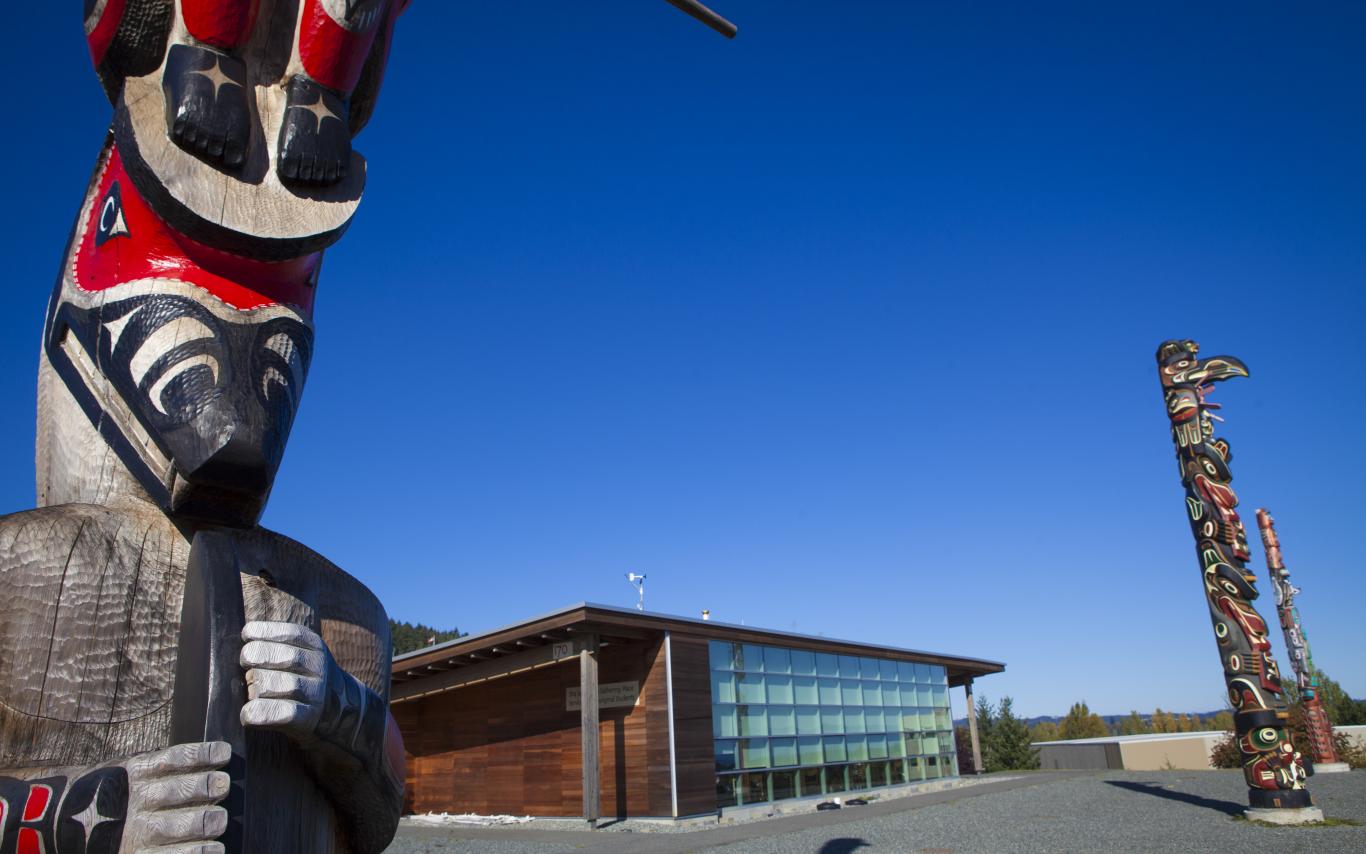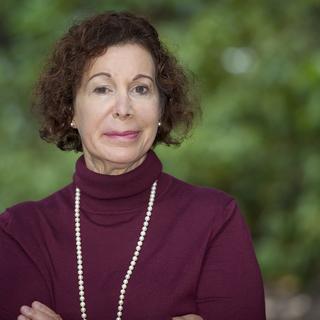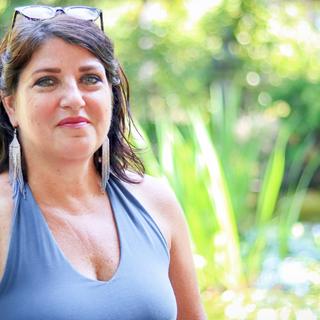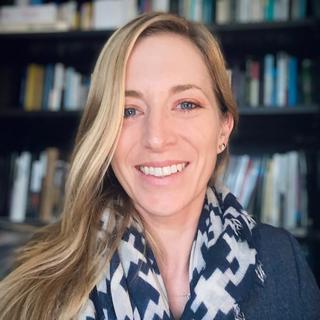How to be a respected guest while working, living, learning or playing on traditional lands.
The Vancouver Island University community acknowledges and thanks the Snuneymuxw, Snaw-Naw-As, Quw’utsun and Tla’amin peoples, on whose traditional lands we teach, learn, research, live and share knowledge.
“Reconciliation is about recognizing our history and that is a good place to start.”
~ VIU Elder-in-Residence Gary Manson
What are Land Acknowledgements and Protocol?
At VIU, practicing land acknowledgements and protocol is a way to respect and recognize the unceded traditional territories and lands its campuses are situated on. Protocols usually include an extended personal introduction (called protocol) and a land acknowledgement. You’ll notice land acknowledgements at the beginning of classes, at events and at other types of gatherings. These may or may not include protocol.
Land acknowledgements are dynamic and living expressions of understanding of the true history of the places where we live and those we are connected to. Today, it is important land acknowledgements be done in the spirit of good relations and as part of a personal commitment to lifelong learning and reconciliation.
A couple of first steps to conducting a land acknowledgement yourself is to make sure the information is accurate by doing the research and to understand what some of the words mean. Here are a couple of definitions:
Unceded: refers to the fact that many of the territories where we work, live and play were never signed away by the Indigenous Nations who were here first.
Traditional: refers to lands traditionally occupied and in relationship with the ancestors of the First Nations people today. These lands may or may not be currently occupied by the contemporary community as many communities were moved for the benefit of uninvited guests (settlers).
Ancestral: means the lands possessed, occupied or used by an Indigenous person’s ancestors.
Alongside land acknowledgements, you will often here a speaker practicing their protocol.
Protocol is to share who and where you are connected to so that your positionality is transparent to everyone in the room. This practice stems from the tradition of calling witnesses to present the children from different families and to share everything their family was connected to, both in and around the community. Watch Elder, Uncle Gary Manson’s lesson on protocol:
VIU Elders
At VIU, Elders are one of our most valuable resources. They provide counselling, support and guidance to all students and staff at VIU. You will often hear the Elders refered to as “Auntie” or “Uncle,” which is a sign of both affection and respect. Elders are active in a variety of areas encompassing student support, classroom instruction, teaching traditional protocols and cross-cultural sharing. Learn more about interacting with Elders.
Visual Reminders of Traditional Lands & Languages
Totem poles
Three majestic totem poles grace the entrance to Shq’apthut (A Gathering Place) on the Nanaimo campus representing the three language groups on Vancouver Island. Kwakwaka’wakw, Coast Salish and Nuu-Chah-Nulth poles were carved by local artists from communities within each language group’s geographical area. The poles extend a visual welcome to students from all Nations studying at the Nanaimo campus. There are also totems at the Cowichan and Powell River campuses. Within each totem pole is a rich tapestry of local stories to be discovered through the practice of sitting, watching and listening in relationship with local Elders and community members.
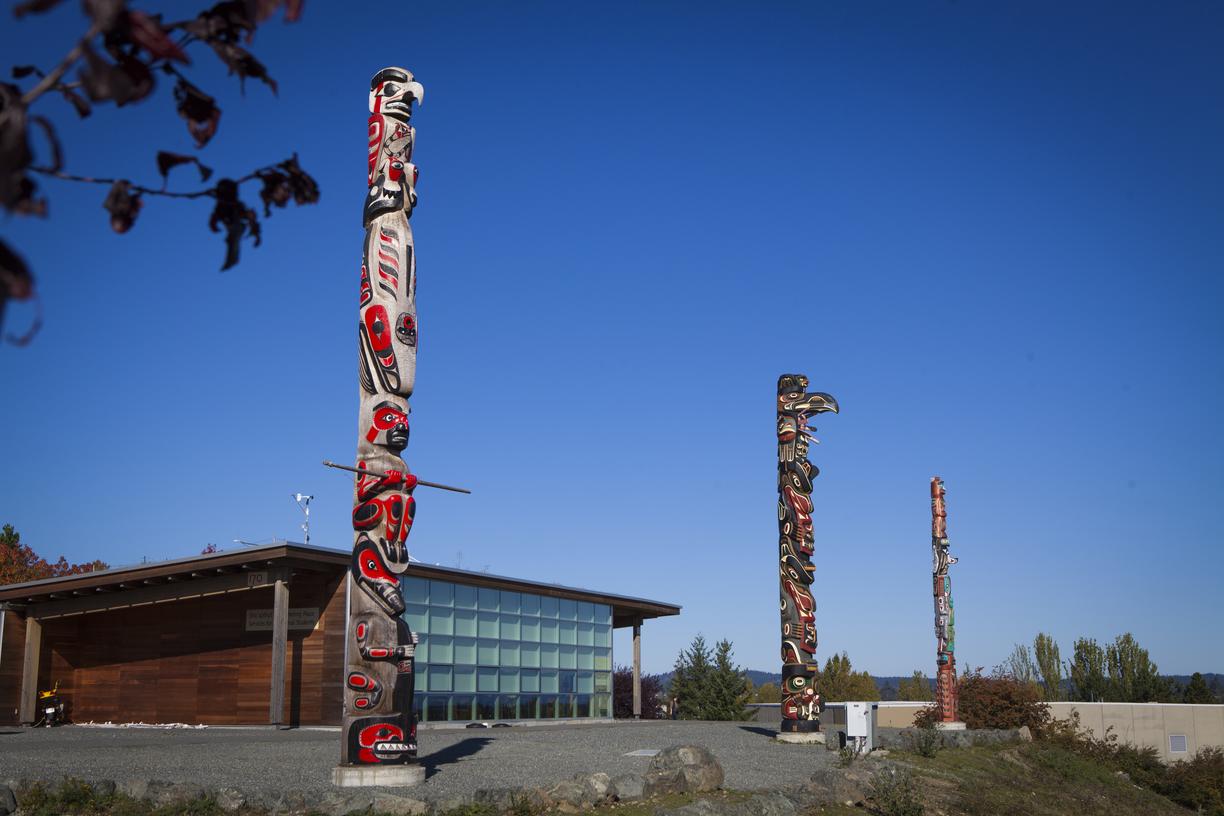
Flags
There are several visual representations of the local Indigenous languages and cultures on all three VIU campuses. On VIU’s Nanaimo Campus, the Snuneymuxw and Métis flags joined the national, provincial and VIU flags already flying in the Royal Bank Plaza in the heart of campus, symbolizing VIU’s ongoing commitment to nurturing and maintaining these relationships.
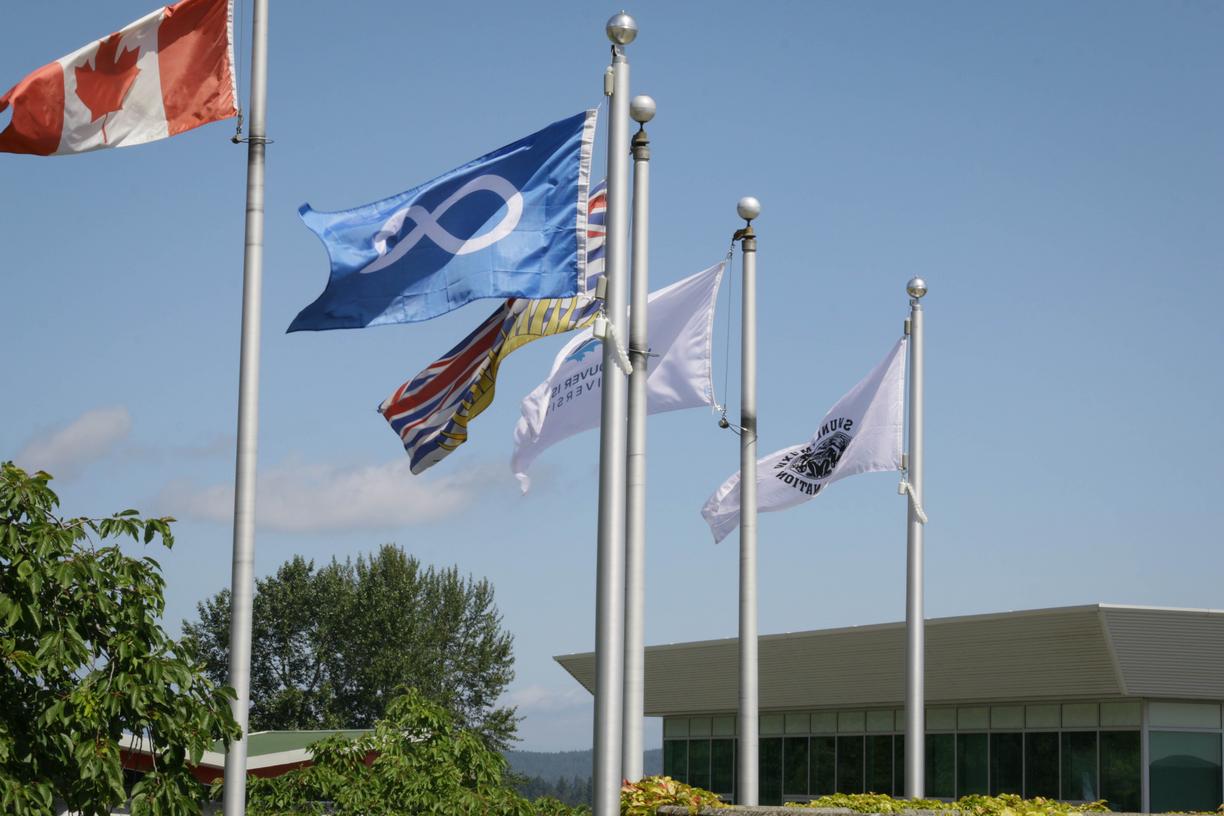
Languages
You will find local languages in many places on VIU campuses. Phrases are found on the welcome signs at the Nanaimo and Powell River campuses, on the paddles at Cowichan campus and in the Indigenous Gathering space at Powell River campus. These phrases are unique to the local lands and peoples.
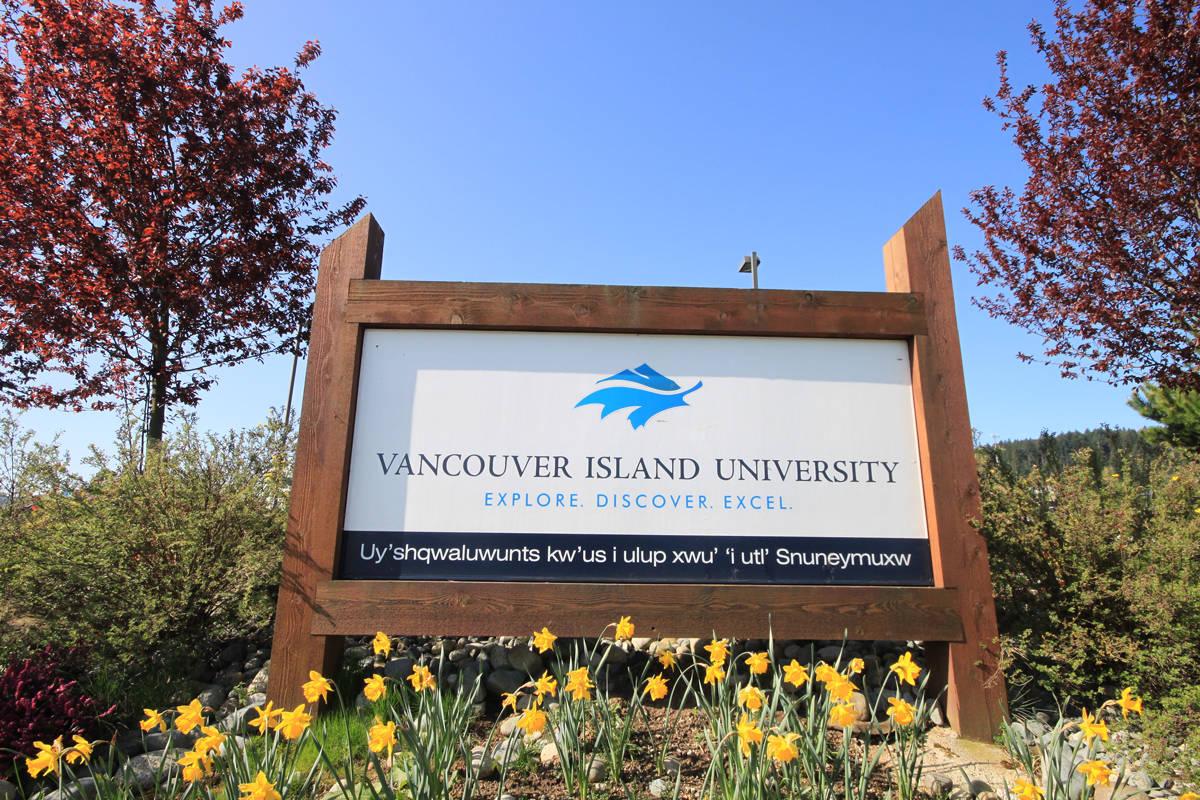
For myself, practicing protocol and incorporating land acknowledgements into any public speaking or writing I am doing is a way for me to acknowledge that I’m working toward learning the truth about the lands I visit, reside, work and play on. Protocol is a way for me to reclaim my own identity as a Métis woman and land acknowledgements are a way to honour and respect the identity and lands of other Indigenous people. For me, it is about taking responsibility for learning and feeling into the truth within the container of relationship, and then amplifying and respecting those truths. I am also fortunate to have the opportunity to listen and learn from the youth and I want to leave the last word in this blog post to a young Indigenous writer and poet, Natupsta (Niki Richardson). I believe her experience and strong voice can begin to guide anyone wondering where to start in their commitment to a lifelong learning journey towards truth and reconciliation:
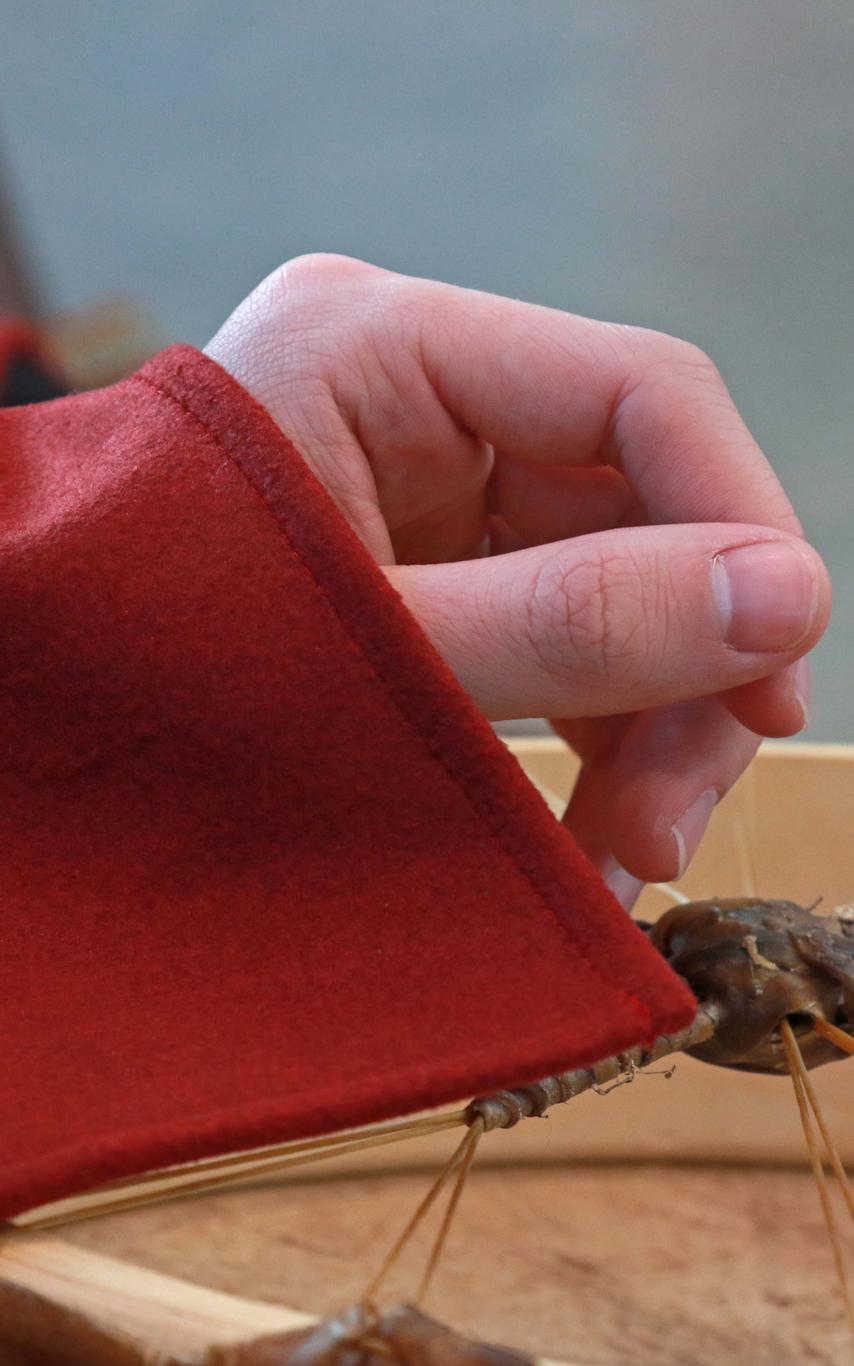
Protocol: A poem by Natupsta (Niki Richardson)
There was a young girl with a loud voice who was born to speak, but she grew up in a world filled with silence.
Protocol is a part of your life. Most people have shortened their protocols by only telling each other their first names. Often, there are internal troubles in discovering and speaking publicly about your own history and family heritage. Growing up, I have been learning about my family and was used to speaking in large crowds, but I am becoming quiet as I get older. My mind is assimilating to the colonized mindset of things being a certain way. Courage inspires change and walks with you always, but it is up to you to accept it. The courage it takes to speak out loud is enormous, even without people around. My courage is powered by my family; I walk with my story on my back and they will always be by my side. Courage has been a constant factor of my Protocol journey.
To begin your own lifelong journey toward truth and reconciliation check out this resource list:
- Marking the National Day for Truth and Reconciliation
- CBC News: Land acknowledgements and what’s wrong with them
- Whose Land?
Heather Burke, BA, MA is Métis with ancestral ties to the former Red River Settlement, a historical Métis community. She has Indigenous and European ancestry on her father’s side and English and American ancestry on her mother’s side. Heather is a Learning Facilitator in the Office of Indigenous Education and Engagement at VIU in partnership with the EleV program. Heather works to centre and amplify Indigenous voice by sharing the promising practices and teachings we have received from Indigenous learners, communities, families, the VIU community, and other learning partners as a way to be accountable to these groups and honour the responsibility to be transparent and authentic in our work together.
Niki Richardson is my colonized name. Nugwa um Natupsta (My name is Natupsta) I am 16 years old. I currently live on Snuneymuxw territory. I am Nuxalk, Gusgimuxw, Nisga’a, & Chippewa. As an Indigenous youth, I'm always looking for ways to spread my knowledge which I wouldn't have without my supportive family. By family, I mean every Indigenous person I encounter in this lifetime. We all have stories to share and here's a small part of mine.
